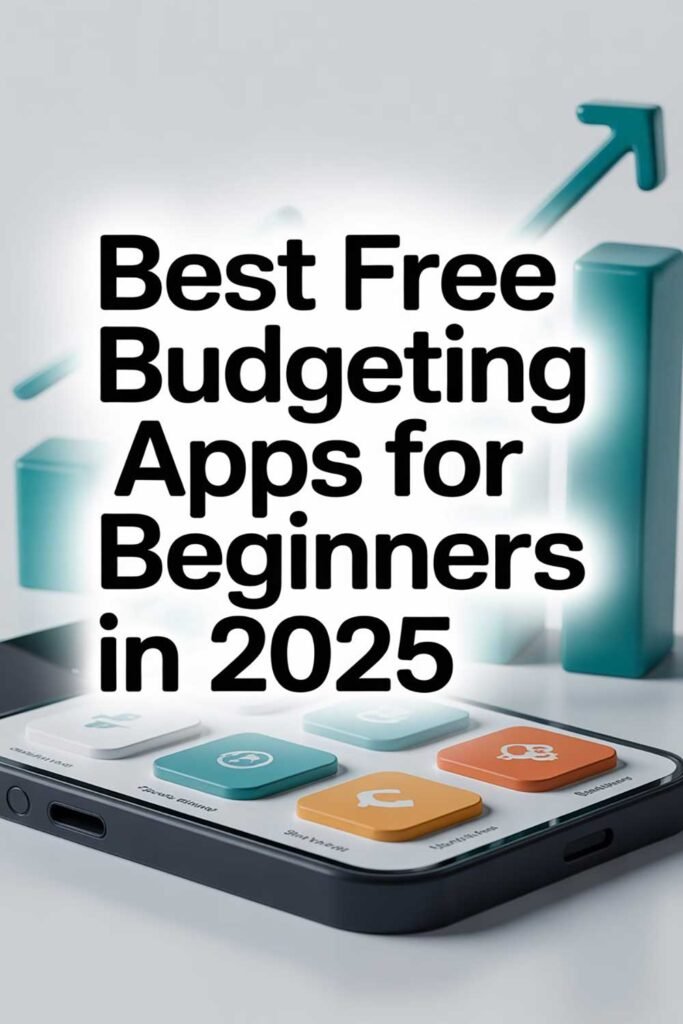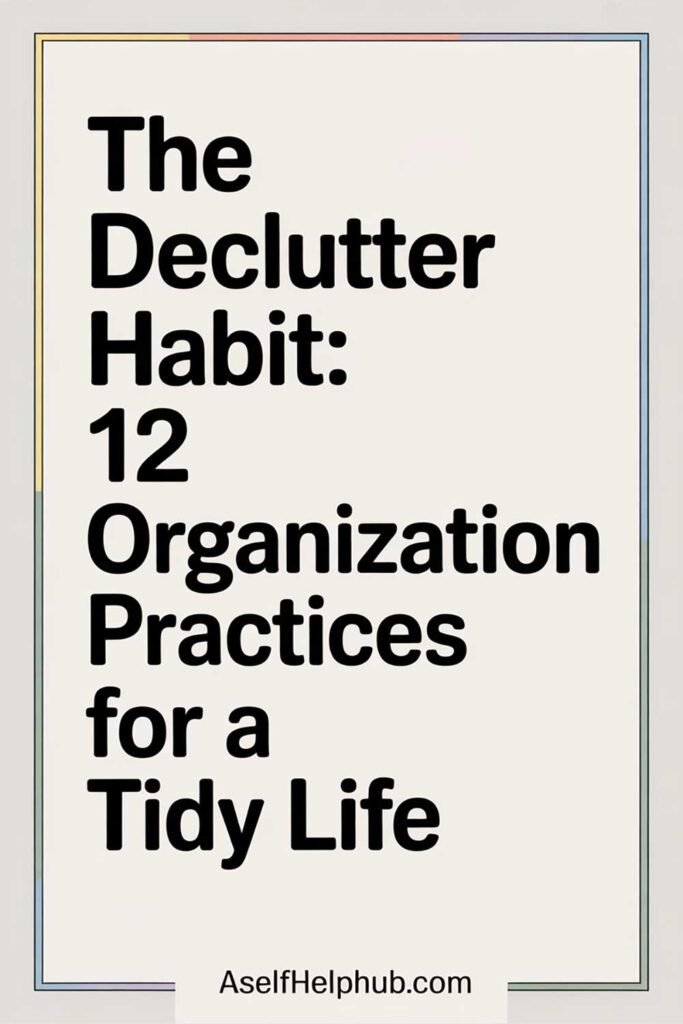Meal Planning for Major Monthly Savings
Let’s be honest: groceries and eating out can quietly drain your budget faster than you realize. But what if there was a simple, proven way to cut your food spending significantly each month without sacrificing quality, nutrition, or taste? Enter: meal planning.
Meal planning isn’t just for extreme couponers or super-organized foodies. It’s a practical, stress-reducing, money-saving strategy anyone can use. Whether you’re feeding a family or flying solo, learning how to meal plan effectively can help you save hundreds—if not thousands—every year.

This guide will walk you through exactly how to meal plan for major monthly savings, real-life success stories, practical tips, and a framework that works for any lifestyle.
Why Meal Planning Saves You Money
- Fewer Impulse Buys – You stick to your list, not your cravings.
- Less Food Waste – You buy what you need, use what you buy.
- Fewer Takeout Nights – No last-minute “what’s for dinner” panic.
- Smarter Bulk Buys – Plan around deals and store sales.
- Stretch Ingredients Further – Use leftovers and multi-purpose items.
Real-life example:
Sarah, a working mom of three, cut her grocery bill from $1,200 to $750/month by planning weekly meals, doubling recipes to freeze, and shopping once a week instead of three. The extra savings went toward paying off her car.
Step-by-Step: How to Meal Plan for Major Savings
1. Start with a Weekly Plan
Block 30 minutes each week to plan meals for the upcoming 5–7 days.
Ask yourself:
- What do we already have in the fridge/freezer?
- What’s on sale this week?
- What nights will be busy?
Start small: Plan 3 dinners if 7 feels overwhelming.
2. Check Your Inventory First
Use what you already have. This avoids duplicate purchases and waste.
Pro tip: Keep a dry erase board or app to track what’s in your fridge, freezer, and pantry.
3. Pick Flexible, Budget-Friendly Recipes
Choose recipes with:
- Minimal ingredients
- Overlapping items (e.g., use rice or ground beef in multiple meals)
- Freezer-friendly or batch cook options
Examples:
- Tacos
- Pasta bake
- Stir-fry
- Chili
- Sheet pan dinners
4. Use a Template or Theme Days
Keep it simple with themed nights:
- Meatless Monday
- Taco Tuesday
- Slow Cooker Wednesday
- Leftover Thursday
- Pasta Friday
It reduces decision fatigue and streamlines shopping.
Real-life example:
Mark, a single guy in his 20s, saved $180/month by meal prepping three dinners with reusable ingredients and sticking to a two-week rotation.
5. Shop with a Purpose
Build your grocery list from your meal plan.
- Stick to the list
- Shop the perimeter of the store
- Don’t shop hungry
- Use store apps or coupons for deals
Bonus: Add your list to a grocery app or spreadsheet to reuse weekly.
6. Cook in Batches and Use Leftovers
Cook double portions to:
- Freeze for later
- Use for lunches
- Repurpose (e.g., roasted chicken becomes soup)
Real-life tip:
Anna, a teacher, meal preps Sunday for the week. She rotates between 5 core meals and batch preps smoothies, overnight oats, and dinner bowls. Her monthly grocery bill dropped by $250.
7. Include Snacks and Lunches
A complete plan avoids surprise snack runs and last-minute takeout lunches.
Ideas:
- Hummus + veggies
- Fruit + nuts
- Rice bowls
- Sandwich kits
8. Use Free or Low-Cost Tools
- Mealime
- Plan to Eat
- Yummly
- Google Sheets
- Paprika App
These tools help you organize recipes, build lists, and track savings.
Sample 7-Day Budget Meal Plan (Family of 4)
| Day | Meal |
|---|---|
| Mon | Lentil soup + bread |
| Tue | Ground turkey tacos + rice |
| Wed | Pasta w/ marinara + salad |
| Thu | Leftovers night |
| Fri | Homemade pizza |
| Sat | Slow cooker chili |
| Sun | Roast chicken + veggies |
Tips to Maximize Savings
- Cook once, eat twice
- Freeze leftovers or ingredients
- Buy generic/store brands
- Use cashback apps like Ibotta or Fetch
- Buy in bulk when it makes sense
- Use a price book to track best deals
💬 20 Quotes About Food, Planning & Simplicity
“Failing to plan is planning to fail.” — Alan Lakein
“You don’t have to cook fancy or complicated masterpieces—just good food from fresh ingredients.” — Julia Child
“A little planning goes a long way.” — Unknown
“If you can organize your kitchen, you can organize your life.” — Louis Parrish
“Eating well is a form of self-respect.” — Unknown
“The best way to save money is to spend it intentionally.” — Dave Ramsey
“What gets measured gets managed.” — Peter Drucker
“Good food is the foundation of genuine happiness.” — Auguste Escoffier
“The secret of your future is hidden in your daily routine.” — Mike Murdock
“Cook once, eat twice.” — Unknown
“Don’t dig your grave with your own knife and fork.” — English Proverb
“Planning is bringing the future into the present.” — Alan Lakein
“Simplicity is the ultimate sophistication.” — Leonardo da Vinci
“A goal without a plan is just a wish.” — Antoine de Saint-Exupéry
“Budgeting isn’t about limiting yourself, it’s about making the things that excite you possible.” — Unknown
“A full stomach makes a happy heart.” — Unknown
“Happiness is homemade.” — Unknown
“The more you plan, the luckier you get.” — Brian Tracy
“Being prepared is half the battle.” — Miguel de Cervantes
“Smart shopping starts with smart planning.” — Unknown
🧐 Picture This
Imagine opening your fridge on a busy Thursday. Instead of chaos or mystery leftovers, you see prepped containers, organized ingredients, and a printed meal plan on the door.
You heat up a delicious homemade dinner in minutes. You realize you haven’t ordered takeout all week. The grocery bill was $300 less this month. You’re eating better, saving more, and feeling less overwhelmed.
You didn’t overhaul your life—you just started planning.
So picture this: What would your bank account, health, and peace of mind look like if you made meal planning part of your routine?
📬 Please Share This Article
If this article helped you feel more confident about meal planning or inspired you to save money on food, share it with someone who could benefit from it too. Saving starts with sharing.
⚠️ Disclaimer
This article is based on personal budgeting experience, meal planning principles, and general financial advice. It is for informational purposes only and not intended as dietary or financial consulting. For personalized guidance, consult a registered dietitian or certified financial planner.






